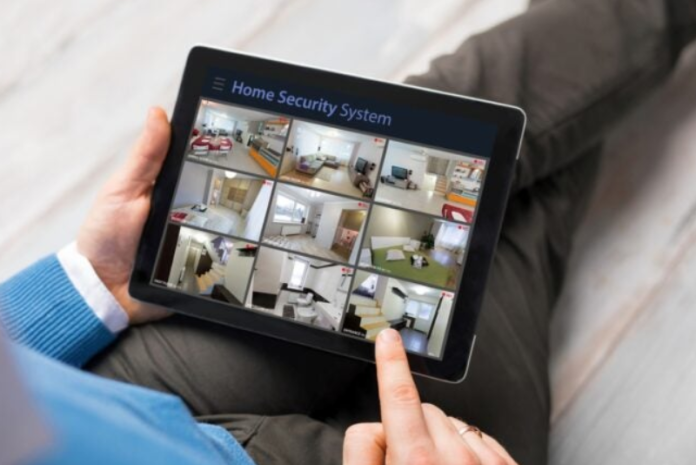In an era where convenience and connectivity are paramount, smart home devices have become integral to our daily lives. These devices promise to make our homes safer and our routines more efficient. However, the convenience they offer often comes at the cost of our privacy. Numerous incidents have highlighted how smart devices can be exploited for malicious purposes, prompting concerns about the data they collect and share without our awareness. Let’s explore how various household gadgets may inadvertently invade your privacy and what you can do to protect yourself.
1. Printers
Your seemingly innocuous printer is silently accumulating data and transmitting it to the manufacturer. While it doesn’t archive your actual print content, it logs valuable information such as the number of pages printed, the type of ink or toner used, the source application, printing device, timestamp, and file sizes. To maintain your privacy, consider connecting your printer via a cable instead of Wi-Fi.

2. Smart Vacuum Cleaners:
Robot vacuum cleaners map your home layout to navigate and avoid obstacles. This data, essentially your home’s blueprint, should remain confidential. Additionally, newer models may incorporate cameras for enhanced navigation and safety features. While companies like iRobot currently pledge not to share customer data with third parties, future data sharing cannot be ruled out.

3. Smart Refrigerators:
Smart fridges equipped with internal cameras can potentially divulge insights into your daily habits and grocery inventory. There are efforts underway to establish legislation that mandates transparency regarding the presence of cameras and microphones in household appliances.

4. Security Cameras:
Although security cameras aim to enhance home safety, they can become tools of intrusion. Recent allegations against home security company Ring have exposed incidents where subcontractors and employees had unrestricted access to customers’ cameras, some even placed in sensitive areas. Protect yourself by changing default passwords, enabling two-factor authentication, updating firmware, and carefully positioning cameras.

Your laptop’s built-in camera, vital for video conferencing, can also be exploited by malware and hackers to invade your privacy. They may even disable the LED recording light to go unnoticed. Safeguard your privacy by closing the camera cover (if available) or using a simple Post-it note to cover it when not in use.

6.Smart TVs:
While smart TVs entertain us, they collect data on our viewing habits through automatic content recognition (ACR). This data enables manufacturers to suggest related content and target advertisements. Although opting out of ACR is possible, manufacturers often bury this option deep within their privacy settings.

7. Smart Meters:
Smart meters offer real-time energy monitoring and safety benefits but may also be used to profile your daily activities for marketing purposes. Reports suggest that data collected by smart meter companies can reveal whether you’re using a computer, watching TV, or using other appliances.

8. Home Security Systems:
WHome security systems gather sensitive information, including personal details and audio-video recordings. While companies claim to use this data internally, it remains vulnerable to breaches, as demonstrated by past incidents.

9. Modems
Internet Service Providers (ISPs) routinely track your web activity through your modem, potentially throttling your connection speed if they perceive excessive bandwidth usage. To protect your online activities from prying eyes, consider using a virtual private network (VPN).
As we embrace the conveniences of smart devices, it’s crucial to remain vigilant about our privacy. Taking proactive steps to secure your devices and understanding the data they collect can help you enjoy the benefits of a connected home without compromising your personal information.

pictures source : istockphoto.com










